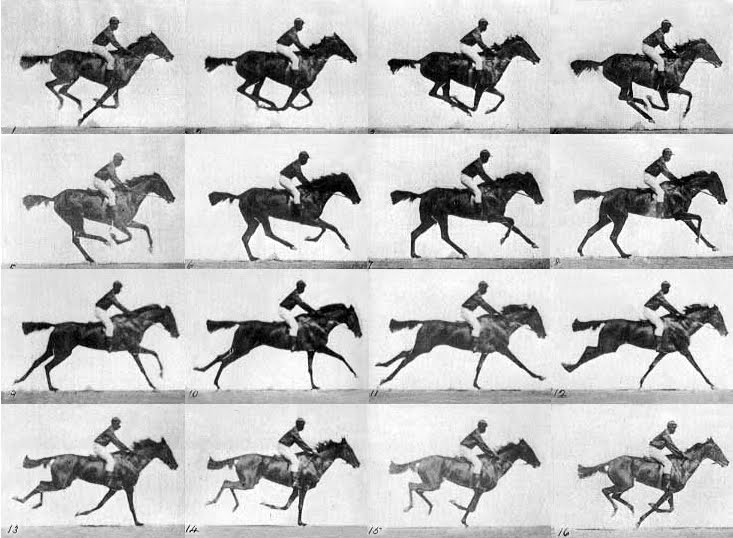I never really understood the debate, but I think a part of the reason is that Roger Ebert never saw games as art is because the communities that existed around video games were only *just then* starting to see their entertainment as art to begin with. I mean, there were players, and well-known developers, who both didn't see what they interacted directly with as any kind of art, so it became a sort of argument over social standing and audiences rather than getting to the core of the meaning of the word.
Movies, books, other forms of entertainment, had a better established grounding to be considered art, for no other real reason than they had been around longer. Games were toys, and everything else was art -- if it was "good" enough. Which, by the way, seems a rule of majority consensus more than anything else.
People kept looking for some title here or there to hold up as a gold standard as what "games as art" and kind of missed the forest for the trees I think.
I don't hold anything against Ebert for having had the view he had at the time. And I don't know, personally, if he would have changed his mind even today. I think he saw a lot of the translations of games to film and (rightly, given the examples) felt like they missed a lot of the elements that other pictures had, and used that as ammo in his thought-process.
I think it's far easier and probably more correct to just treat everything as "art" insofar as it's a creative thing, and then decide whether or not it's art worth giving a shit about. If something makes it into a museum, we probably care. If the code and assets are retained and saved, it means we care. Even some games that are notably bad have kind of infiltrated the consciousness of people -- like ET.


